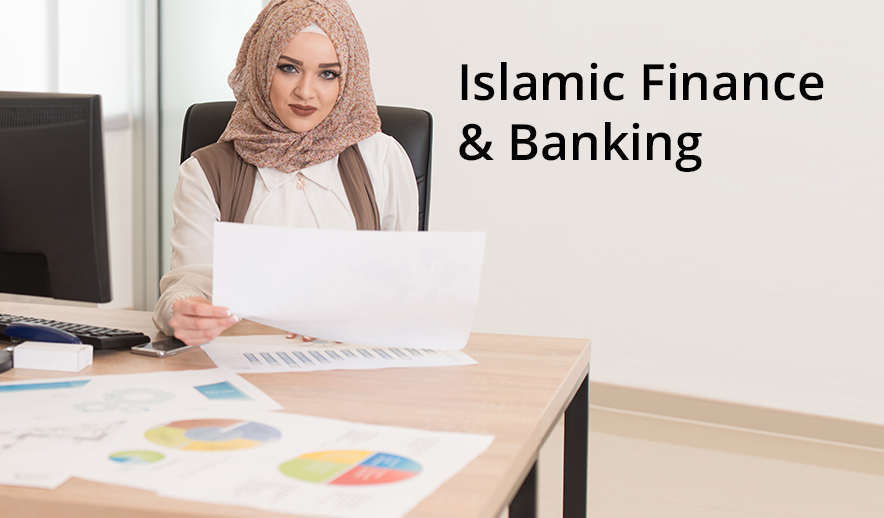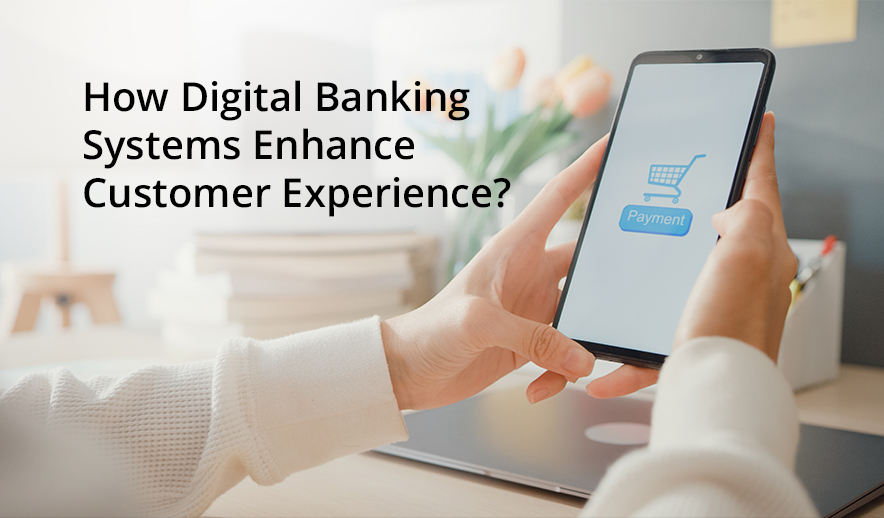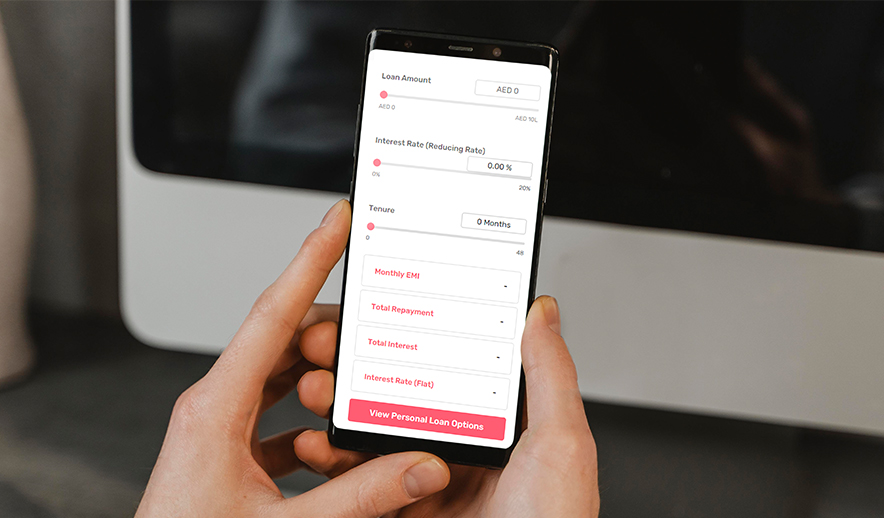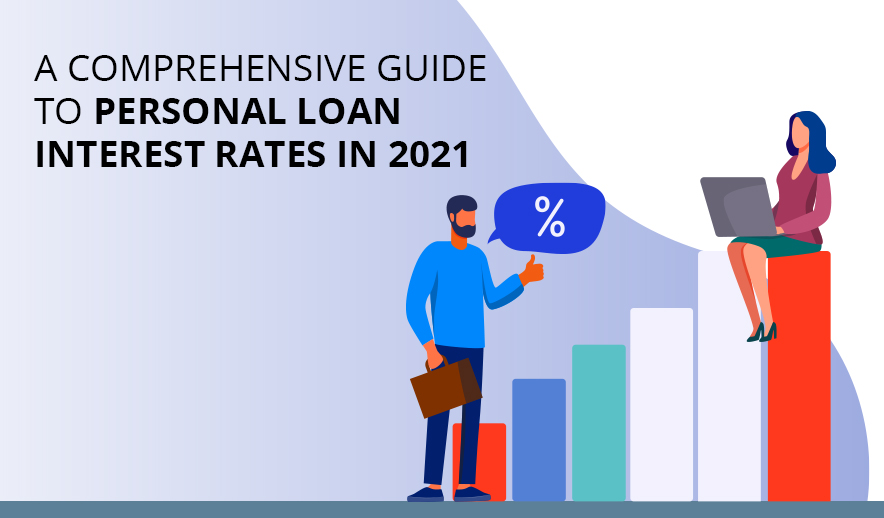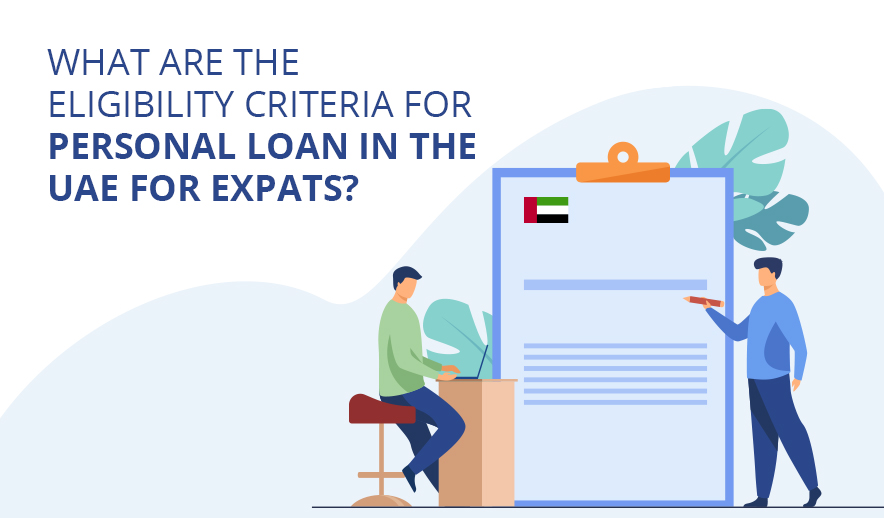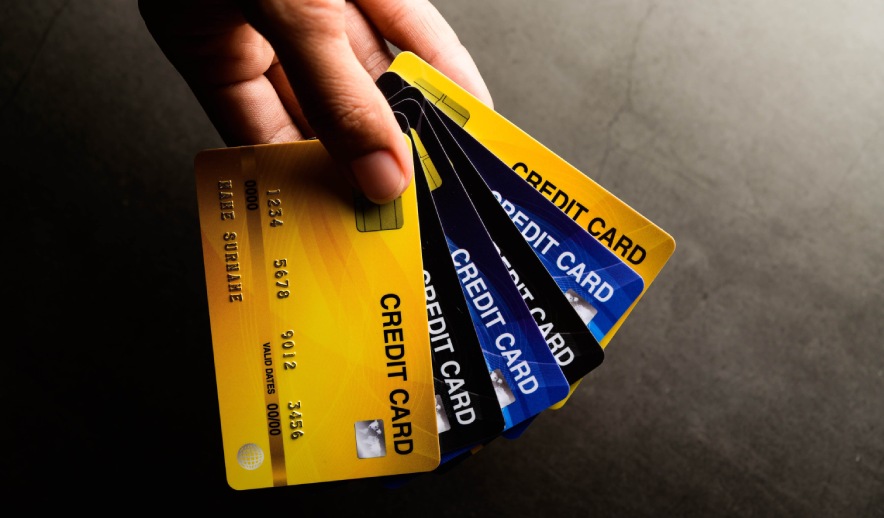In Dubai, a city renowned for its luxury and opulence, every transaction can feel like a step towards an extravagant lifestyle. However, beneath the glittering surface lies an opportunity for savvy spenders to turn everyday expenses into substantial savings. With the best cashback credit card in Dubai, each purchase, whether it is dining at a world-class restaurant or fuelling up for a weekend getaway, can be a chance to put money back into your pocket. By understanding and leveraging the best cashback credit cards available in Dubai, you can transform your spending habits and maximise your financial benefits.
The financial landscape in an opulent city like Dubai is dominated by a variety of local and international banks offering a plethora of credit card options designed to cater to diverse consumer needs. These financial institutions understand the unique spending habits of Dubai’s residents and visitors, providing credit cards that not only offer competitive cashback rates but also align with the city’s high standards of living. From dining and travel to everyday purchases, these Dubai cashback credit card are tailored to maximise rewards on common expenditures.
Understanding Best Cashback Credit Card in Dubai: Turning Purchases into Savings
What Are Cashback Credit Cards in Dubai?
Cashback credit cards are a smart financial feature that rewards users by giving back a percentage of what they spend. Imagine getting a portion of your money back every time you shop, whether it is for groceries, dining out, or booking a vacation. This simple yet effective mechanism can help you save significantly over time. Depending on the card issuer’s policies, these accumulated rewards can be redeemed as statement credits, direct deposits, or even gift cards, making your spending work for you.
Different Dubai Cashback credit cards cater to various spending habits by offering varying rates of return for different purchase categories. Some cards offer higher cashback rates on essentials like groceries and fuel, while others provide better rewards for travel or dining. There are also cards with a flat-rate cashback, ensuring you earn a consistent reward on all purchases. Beyond the cashback benefits, these cards often come with additional benefits such as no annual fees, 0% introductory APR periods, and comprehensive travel and purchase protections, making them a versatile and valuable addition to any wallet.
They are a fun and easy way to save more as you spend!
Types of Cashback Credit Cards in Dubai: Find Your Perfect Fit
Cashback credit cards come in several types to suit different spending habits and financial goals. Understanding the differences can help you choose the right card to maximise your savings.
- Flat-Rate Cashback Credit Cards: These cards offer a consistent percentage of cashback on all purchases, regardless of the spending category. They are simple and straightforward, making them ideal for those who prefer ease and consistency. Citi cashback credit card, FAB cashback credit card, Mashreq cashback credit cards are some popular cashback credit cards under this category.
- Tiered Cashback Credit Cards: Tiered cards offer different cashback rates for different categories of spending. These cards are great if you spend a lot in specific categories and want to maximise your rewards in those areas. CBD Supersaver cashback credit card is one popular credit card under this category.
- Rotating Category Cashback Credit Cards: These cards offer higher cashback rates on specific categories that change periodically, such as quarterly. They require more attention to category changes but can offer substantial rewards if you plan your spending accordingly. Emirates Islamic Switch cashback credit card is one such cashback credit card.
- Sign-Up Bonus Cashback Credit Cards: These cards offer a large amount of cashback after you spend a certain amount within the first few months of opening the account. This is a great option if you have significant upcoming expenses and want to take advantage of the bonus.
- Speciality Cashback Credit Cards: Some cards offer enhanced rewards for specific types of purchases, such as travel, fuel, or online shopping. These are ideal if your spending is heavily concentrated in one area, and you want to maximise your cashback in that specific category.
Each type of cashback credit card has its own advantages, and the best choice depends on your spending habits and financial needs. By selecting the best credit card offers in Dubai, you can make your everyday purchases more rewarding.
The Ultimate Cheat Sheet in Finding the best credit card offers in Dubai
- Cashback Rate: Compare the cashback rates for various spending categories. Look for cards that offer high rates on the categories where you spend the most, whether it is groceries, dining, or travel.
- Annual Fees: Check if the card has an annual fee and determine if the rewards and benefits outweigh the cost. Some cards have no annual fee, which can be a better option if you want to maximise your savings.
- Sign-Up Bonuses: Many cards offer substantial sign-up bonuses if you spend a certain amount within the first few months. This can be a great way to boost your cashback rewards early on.
- Redemption Options: Review how you can redeem your cashback rewards. Options include statement credits, direct deposits, or gift cards. Choose a card that offers redemption methods that suit your preferences.
- Foreign Transaction Fees: If you travel frequently or make purchases from international merchants, look for a card with no foreign transaction fees to avoid extra charges.
- Additional Benefits: Consider other benefits such as travel insurance, purchase protection, and extended warranties. These can add extra value beyond just cashback rewards.
- Credit Score Requirements: Ensure your credit score aligns with the requirements for the card you are interested in. Some high-reward cards may have stricter credit score criteria.
By evaluating these factors, you can select the best cashback credit card in Dubai that best fits your financial habits and maximises your rewards.
Supercharge Your Cashback Credit Card: Tips for Maximising Your Rewards
To make the most out of your cashback credit card, strategic planning and smart spending are key.
- Know Your Card’s Categories: Many cashback cards offer higher rates in specific categories, such as dining, groceries, or travel. Familiarise yourself with these categories and concentrate your spending in areas where you will earn the most cashback. If your card has rotating categories, make sure to activate them and plan your purchases around these periods.
- Combine Cards Strategically: Using multiple Dubai cashback credit cards can help you earn more. For example, you might use one card for groceries and another for dining out. This way, you can take advantage of each card’s highest earning rates and maximise your overall rewards.
- Take Advantage of Bonus Offers: Keep an eye out for special promotions and bonus offers. Many cards provide extra cashback for spending above a certain threshold or during promotional periods. Align your big purchases with these promotions to boost your cashback earnings.
- Pay Attention to Redemption Options: Some cards offer better redemption value when you choose certain options, such as statement credits or direct deposits. Make sure you are aware of the best ways to redeem your rewards to get the most value from your cashback.
- Track Your Spending and Rewards: Regularly monitor your spending and cashback rewards. Many credit card issuers provide tools and apps to help you track how much you are earning. Staying on top of your rewards can help you adjust your spending habits and ensure you are making the most of your card’s benefits.
- Avoid Interest Charges: To truly benefit from your cashback rewards, pay off your balance in full each month. Carrying a balance can negate the value of your rewards with interest charges. By avoiding interest, you keep your earnings intact and maximise your savings.
- Utilise Additional Perks: Don’t overlook the extra benefits your card offers, such as purchase protection, extended warranties, or travel insurance. These benefits can provide added value beyond just cashback and help you get the most out of your card.
By implementing these strategies, you can effectively enhance your cashback earnings and choose best credit card offers in Dubai.
Redeeming Your Cashback Rewards: How to Make the Most of Your Earnings
Earning cashback rewards is just the beginning; knowing how to redeem them effectively is equally important. Here are some tips to help you get the most value from your cashback rewards:
- Maximise Statement Credits: One of the simplest and most effective ways to redeem your cashback is through statement credits. This option directly reduces your credit card bill, making it a straightforward way to save money. Some cards may offer a higher redemption value when you choose this option.
- Direct Deposit to Bank Account: Many cashback credit card in Dubai allows you to transfer your cashback rewards directly to your bank account. This option provides flexibility, as you can use the cash for any purpose, from saving to spending.
- Gift Cards: Some credit cards offer enhanced value when you redeem your cashback for gift cards, especially to popular retailers. Keep an eye out for special promotions that offer bonus value on gift card redemptions, which can stretch your rewards even further.
- Travel and Merchandise: If your card offers the option, consider redeeming your cashback for travel or merchandise. While this can sometimes provide good value, make sure to compare the redemption rates to ensure you’re getting the best deal.
- Automatic Redemptions: Some cards offer automatic cashback redemption once you reach a certain threshold. This can be a convenient way to ensure you do not forget to redeem your rewards and miss potential savings.
- Combine Rewards: If you have multiple cashback credit cards from the same issuer, check if you can combine your rewards. Pooling your cashback from different cards can make it easier to reach redemption thresholds and maximise the benefits.
- Plan Your Redemptions: Timing can be everything. Some issuers offer limited-time promotions where your cashback value is increased if redeemed in a specific way. Keep an eye on these offers to get the most out of your rewards.
By understanding and strategically using your cashback redemption options, you can ensure you are getting the maximum benefit from your credit card rewards.
Choosing the best cashback credit card in Dubai involves understanding your spending patterns and selecting a card that offers the most rewards for your typical expenses. Whether you are a frequent traveller, a dining enthusiast, or someone who wants to save on everyday purchases, there is a cashback card designed to meet your needs.
SoulWallet helps you compare and find the best cashback credit card in Dubai across various banks that are suited to your needs so that you can have an easy and hassle-free experience. The well-researched, solidly structured, unbiased content, along with unique tools at SoulWallet, help you make well-informed financial decisions for your personal and business transactions. In the process, SoulWallet enables you to identify the options that will let you save money and enjoy the best rewards.



